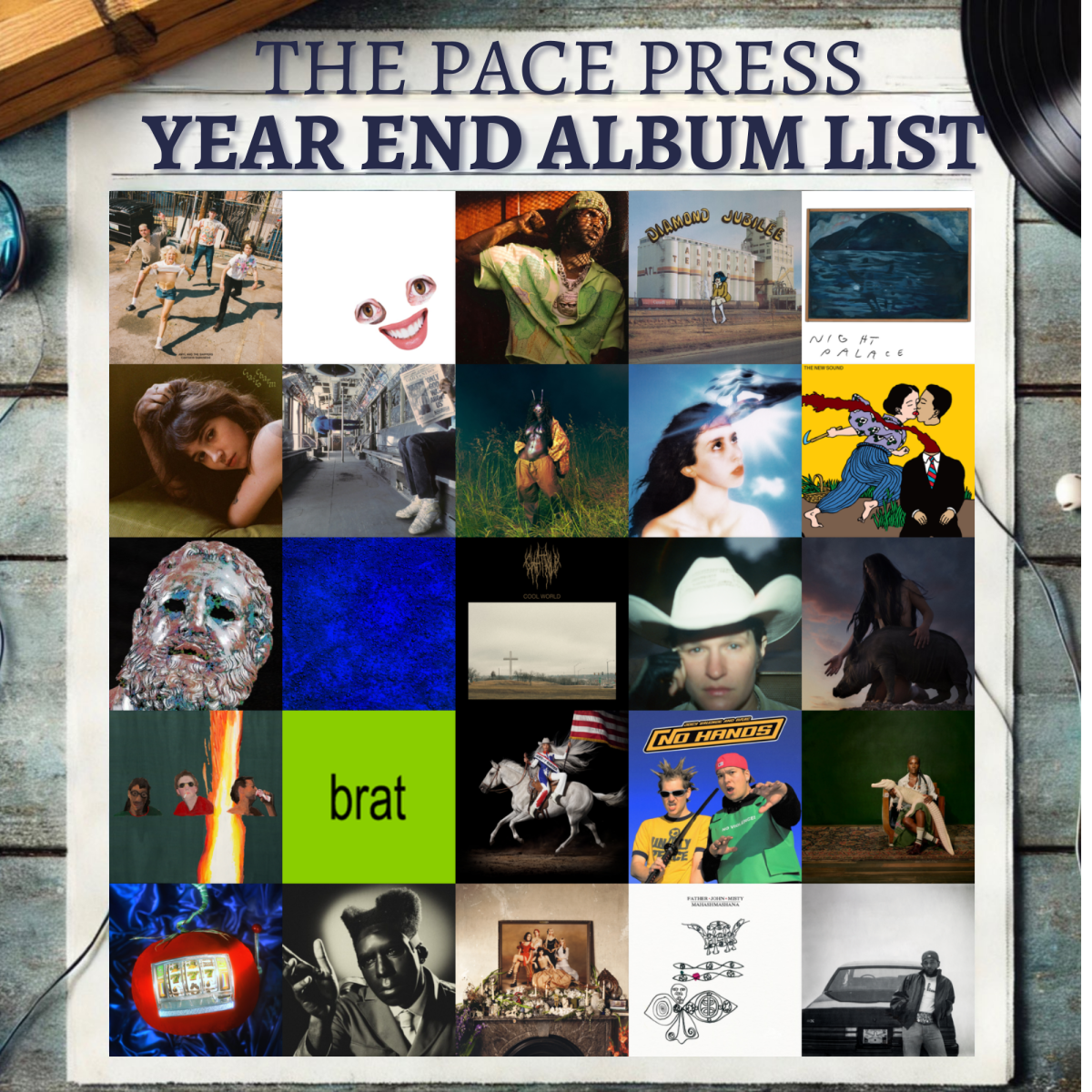Hundreds of fans lined the streets of the Meatpacking District outside of the Samsung 837, waiting to celebrate JoJo’s long-awaited comeback record at her New York City record release party on Oct. 13. Mad Love, JoJo’s third studio album, was released Oct. 14, following the singer’s near 10-year hiatus.
The record consists of 11 tracks, along with 4 bonus tracks on the deluxe edition; it contains a wide variety of powerful R&B-pop anthems. Between the raw, piano-driven opening track, “I Am,” and the upbeat, dance track “Good Thing,” JoJo proves that she is much more than a former teen pop sensation, and her break from the music scene has only made her better in her craft.
Since releasing her chart topping sophomore album The High Road at only 15 years old in 2006, JoJo has grown and evolved tremendously. Both her music and her overall image have matured. Even with this change, JoJo has remained the same highly passionate pop star with the same unique and powerful vocals as when she broke onto the music industry with her hit single “Leave (Get Out)” at 13 years old.
JoJo’s tumultuous relationship with her former record label took a turn for the worse after the release of The High Road, and her would-be third album was never released. After a seven year legal battle, the singer was freed from her recording contract in 2014 and signed to Atlantic Records. Over the next 2 years, she would release an EP called Tringle, tour twice, and work on her third studio album.
During this time, she faced the untimely death of her father, which had a huge effect on her writing. “I did a lot of soul searching,” JoJo said during her album release party. “At my lowest points, sometimes I needed to get to pen and paper.” The album’s opening track, “Music,” is directly written in honor of her late father. It is a track atypical of most pop records. While most albums of the genre will begin with upbeat tracks to hype up listeners for the rest of the album, JoJo chose to use a track containing raw vocals and emotional lyrics over soft piano music. While the song doesn’t give fans a hint as to what they will hear on the album musically, it offers a window into the overarching theme of the album: empowerment.
JoJo is unapologetically herself in every song from start to finish. Between her celebration of “real” people in “FAB,” a track featuring Remy Ma, and her extreme confidence in “High Heels,” each and every song on the album is bursting with female empowerment, laced with honest stories of JoJo’s life. Perhaps the best illustration of the empowerment theme is in the album’s second track, “I Can Only,” in which JoJo and “Here” singer, Alessia Cara talk about JoJo’s battle with her former record label, telling the world, “I can only be what I wanna be.”
JoJo’s passion is evident in every second of Mad Love. Listeners can tell that she truly loves creating music and that she the experiences which she feels strongly about to base her music on. Her usage of real-life experiences, both positive and negative, paired with her incredible amount of passion are a huge part of why her comeback album is so successful.
Mad Love quickly climbed the charts, peaking at No. 6 on the Billboard 200, No. 1 on the iTunes pop charts, and No. 2 on iTunes overall. “To wake up the other day and see Mad Love on the top of the charts…it feels amazing,” Jojo said that night during an interview following her performance at the Mad Love party. “The response has been mind-blowing, and I’m just so humbled.” Though Jojo has faced an array of obstacles in the midst of her new album, she has reappeared, ready to touch fans with her music once more.












